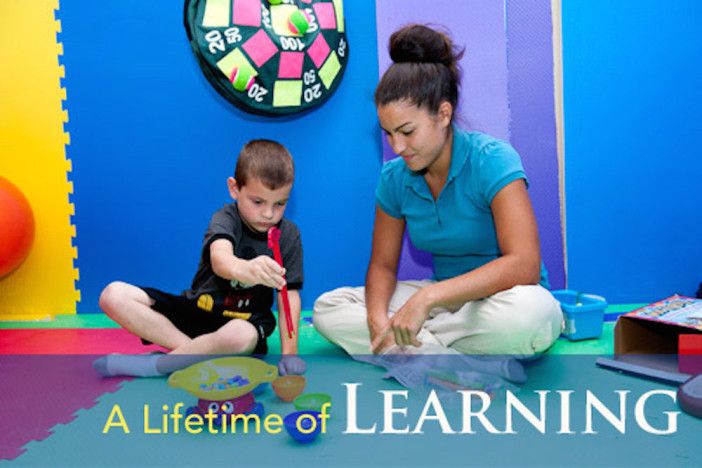Preschools For Kids With Special Needs Are Losing Teachers To UPK Expansion

The city’s Universal Pre-Kindergarten expansion is having an unintentional consequence — it’s drawing away special education teachers from preschools run by community-based organizations (CBOs) serving children with special needs.
HeartShare Human Services, a non-profit that provides vital services to children on the autism spectrum and with other developmental delays, now has a dire shortage of teachers at its early childhood centers for the 2015-2016 school year, including at its First Step program at 1825 Bath Avenue.
According to a spokesperson for the organization, 15 teachers have left HeartShare’s early childhood centers — four of them from the organization’s Bensonhurst location — due to the higher salaries at the city’s UPK programs.
HeartShare, though affiliated with the city’s Department of Education (DOE), is paid for by a separate stream of state funding that has not seen a budget increase in nearly seven years. While HeartShare’s teachers and staff are passionate about their work, they are compelled to leave the organization in pursuit of a better wages as general education teachers for the DOE, say administrators.
“People are crying because they are leaving, and they are not leaving because they don’t love their job,” said Carol Verdi, vice president of education services at HeartShare. “You don’t stay for seven years without a raise if you don’t love your job.”
The pay gap is only exacerbated at UPKs that are embedded in CBOs — such as the one at HeartShare. In an effort to draw teaching talent to the the city’s new community-based UPKs, the de Blasio’s administration began increasing teacher salaries for community-based UPKs last year.
However, only general education teachers of 4-year-olds may benefit from the salary increase. The pay bump does not apply to their colleagues who work with younger children, or as special education instructors in integrated classrooms — though they frequently have the same or higher qualifications.
Teachers at community-based UPKs are now paid a starting salary of $44,000 with a bachelor’s degree and $50,000 with a master’s, plus a sign-on bonus of $2,500-$3,500. A special education teacher’s salary at HeartShare — whether in a UPK classroom or at the organization’s early childhood programs — is stagnated at $38,000.
“It becomes an ethical dilemma for me,” said Verdi. “How do I give the general ed teacher in the same classroom as a special ed teacher a bump up to $45,000, but not the special ed teacher?”
The budget freeze, along with this year’s teacher exodus, is putting HeartShare’s early childhood programs at risk of closure, according to Verdi. HeartShare has appealed to the State Education Department for at least a $9 tuition increase per student, which would match the weighted national average for such programs, but Verdi says the organization has not yet gotten a response.
Still, it is essential that children with special needs continue to have access to these early intervention educational services, she said.
“They come in here not able to speak; they leave speaking. They come in not able to walk; they leave walking,” said Verdi. “The research proves that it works, and we’ve shown that to the state, time and time again.”
The school’s staff and families will participate in a rally organized by the Interagency Council of Developmental Disabilities Agencies (IAC) in front of the Governor’s office at 633 3rd Avenue in Manhattan on Tuesday, August 25, at 11am.




